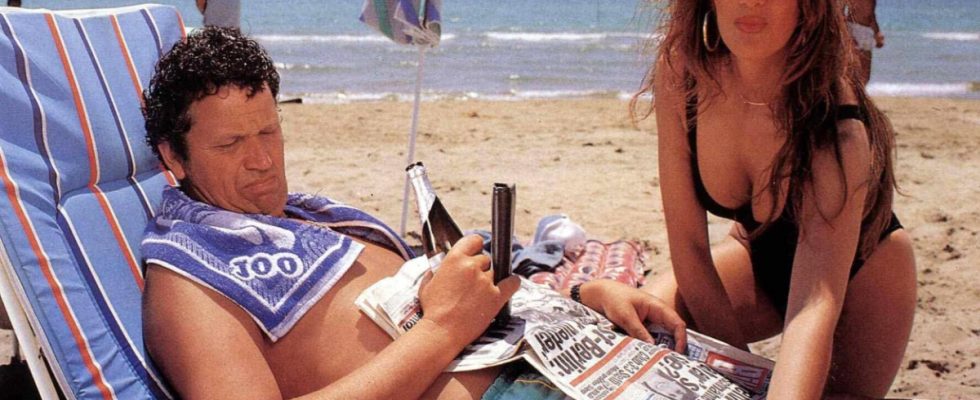The language of academics? Can also be Bavarian, Franconian and Swabian. And anyone who speaks “according to the Scriptures” is by no means necessarily a “bastard”. Dialects are a fascinating subject, and therefore an excellent and popular subject of research. “Dialectology” as a scientific subject has existed at the Bavarian Academy of Sciences (BAdW) – which is now dedicating a panel discussion to the subject – for 200 years. Dialect dictionaries have existed since the 17th century. Official language atlases record where which beak has grown and how.
Nevertheless, anyone who went to school in Bavaria in the 1970s and 1980s did not necessarily receive encouraging words from their teachers when speaking the dialect. At that time it was believed that this had a negative effect on learning the written language. Today, on the other hand, the State Institute for Educational Research, together with the BAdW, is in the process of putting together an e-learning course on dialect in class for teachers – because it is believed that the opposite should be true: if a child speaks dialect and the standard language, this increases their language skills in the classroom general and the ability to learn more – i.e. foreign languages.
The prejudice of the uneducated, backward and uncultivated hits dialect speakers wrongly – at least not infrequently. “Public figures become the target of satirical programs if they give answers in front of the camera that reveal their regional origin,” the academy’s announcement said. Nevertheless, “dialectisms as linguistic identity markers are becoming more popular again, especially among the younger generation”. Among young people, the greetings of the older generations are popular: “Have d’honour”, “Servus” and “Griaß Gott!
Questions such as: What future does the dialect have within the area of tension between cultural heritage and clichés will be up for debate at the public discussion evening, which will take place as part of the 15th Bavarian-Austrian Dialectologists’ Conference? What can science, media and politics do to preserve and strengthen dialect in 21st century society? Why is it important for a society that linguistic diversity is preserved? Bavaria’s Minister of Finance and Homeland Albert Füracker, the cabaret artist Franziska Wanninger, the head of the scientific work center “Language in Southwest Germany”, Hubert Klausmann, the project manager of the Bavarian dictionary, Anthony Rowley and the SZ journalist Hans Kratzer sit on the podium.
Dialect between cultural heritage and cliché, public panel discussion, September 13, 7.30 p.m., Bavarian Academy of Sciences Alfons-Goppel-Straße 11, plenary hall, 1st floor

